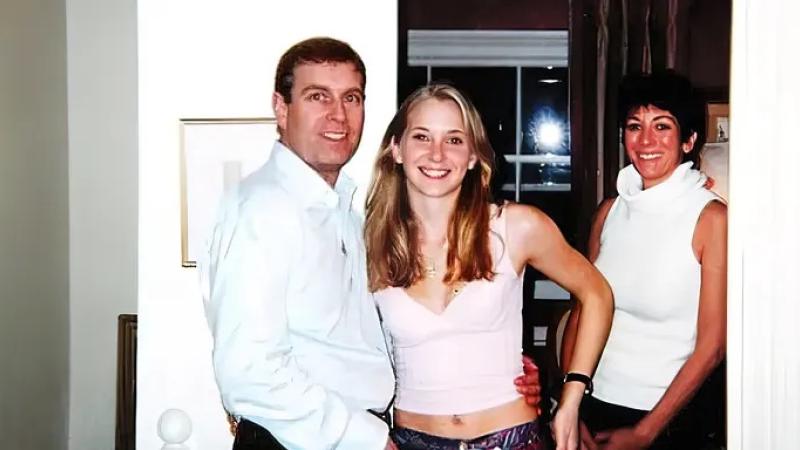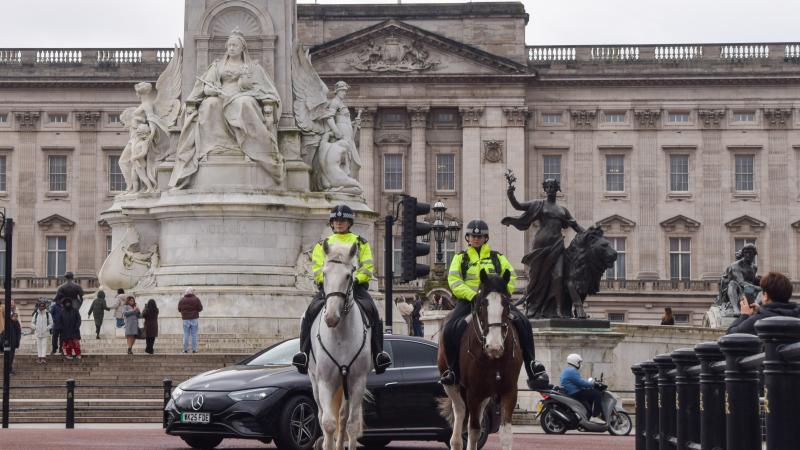DOJ Voting Section has long record of working in concert with left-wing legal advocacy groups
A federal judge called the communication between the ACLU and the DOJ "disturbing," saying the relationship was "that of peers working together, not of an advocate submitting proposals to higher authorities."
The Department of Justice Civil Rights Division Voting Section has a long history of working in concert with left-leaning nongovernmental organizations, despite being reprimanded for doing so.
The recent revelation that the Biden DOJ coordinated with several liberal advocacy groups in its legal assault on Georgia's election integrity law last year is just the latest in a long line of examples of the Voting Section showing political favoritism to progressive NGOs.
"[T]his goes way back to the mid-'90s, when the Supreme Court and other federal courts recognize that DOJ Voting Section lawyers were always colluding with the ACLU, the NAACP," J. Christian Adams, president of Public Interest Legal Foundation, told "Just the News, Not Noise" TV show Monday . "This is standard operating procedures, they take sides."
Adams, an attorney in the Civil Rights Division under former President George W. Bush, was referring to the 1994 Johnson v. Miller case, in which a federal district judge in Georgia found that the Justice Department's Voting Section worked with the ACLU on the preclearance process of redistricting in Georgia. The DOJ was forced to pay nearly $600,000 to the state.
Hans von Spakovsky, former counsel to the assistant attorney general for civil rights at DOJ, told "Just the News, Not Noise" that the judge in the district court case "said it was embarrassing the way [the DOJ] worked with the ACLU, and the judge was shocked that the lawyers at DOJ and the attorney general did not understand the conflict of interest and the inappropriateness of basically working with the ACLU as if they were the in-house counsel for the ACLU."
Specifically, the court called the communication between the ACLU and the DOJ "disturbing," saying the relationship was "that of peers working together, not of an advocate submitting proposals to higher authorities."
Adams recalled witnessing a political shift in the DOJ from the Bush administration to the Obama administration.
"[W]e were told by the new Obama political appointees, we weren't going to enforce certain federal voting laws — the voting laws that required voter rolls to be cleaned up by the states, that program was shut down," he recounted. "We weren't going to prosecute the New Black Panthers, that case was dismissed. And so I got to see firsthand, when I was inside the DOJ, what happens when a radical administration takes over."
The DOJ inspector general released a report in 2013 reviewing the operations of the Voting Section from former President Barack Obama's inauguration through the end of 2011. The review included the dismissal of the voter intimidation case of the New Black Panther Party and the hiring practices of the Voting Section.
The report found that applicants from liberal civil rights organizations such as the ACLU, NAACP, Lawyers Committee for Civil Rights, La Raza and Mexican American Legal Defense and Educational Fund were hired, while "None of the 10 candidates with Republican/conservative affiliations were hired, and only 1 of the 235 candidates with unknown affiliations was hired."
The OIG noted that because the Voting Section focused its hiring on attorneys with experience litigating voting rights "the subset of applicants with such experience was characterized by a high concentration of applicants with Democratic Party or liberal affiliations."
The report recommended that the Voting Section use merit-based standards for its hiring process, rather than "relying on the 'general civil rights/public interest' criterion," so that its pool of applicants isn't limited to liberal organizations.
Von Spakovsky, now senior legal fellow at the Heritage Foundation, decried the revolving door between the liberal legal advocacy groups and the DOJ.
"Those lawyers who switch from those organizations to the Voting Section, they never make the transition to realizing they now work for the government," he said. "They think they still work for those organizations, but they just now have the power of the government. So this is a very incestuous circle."
















